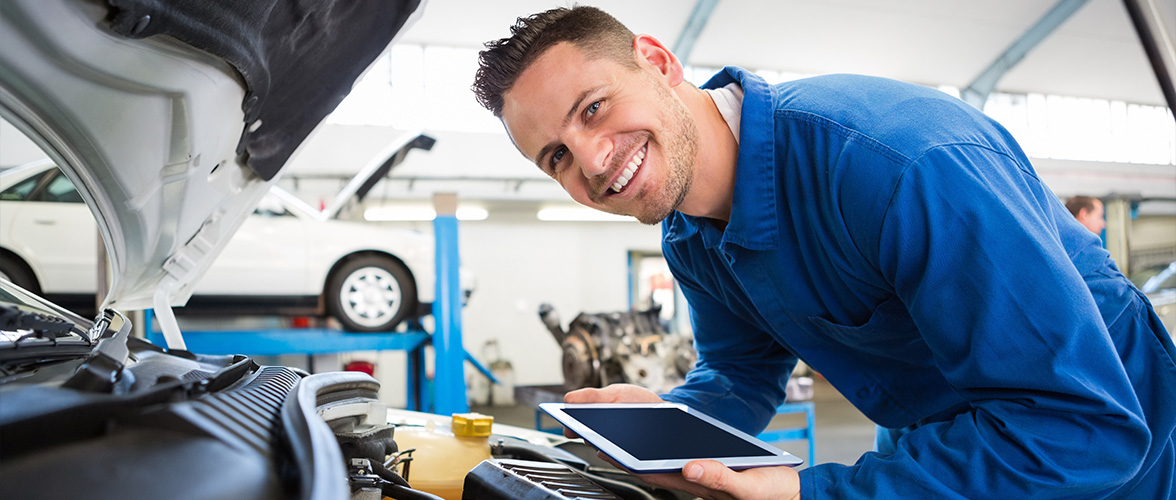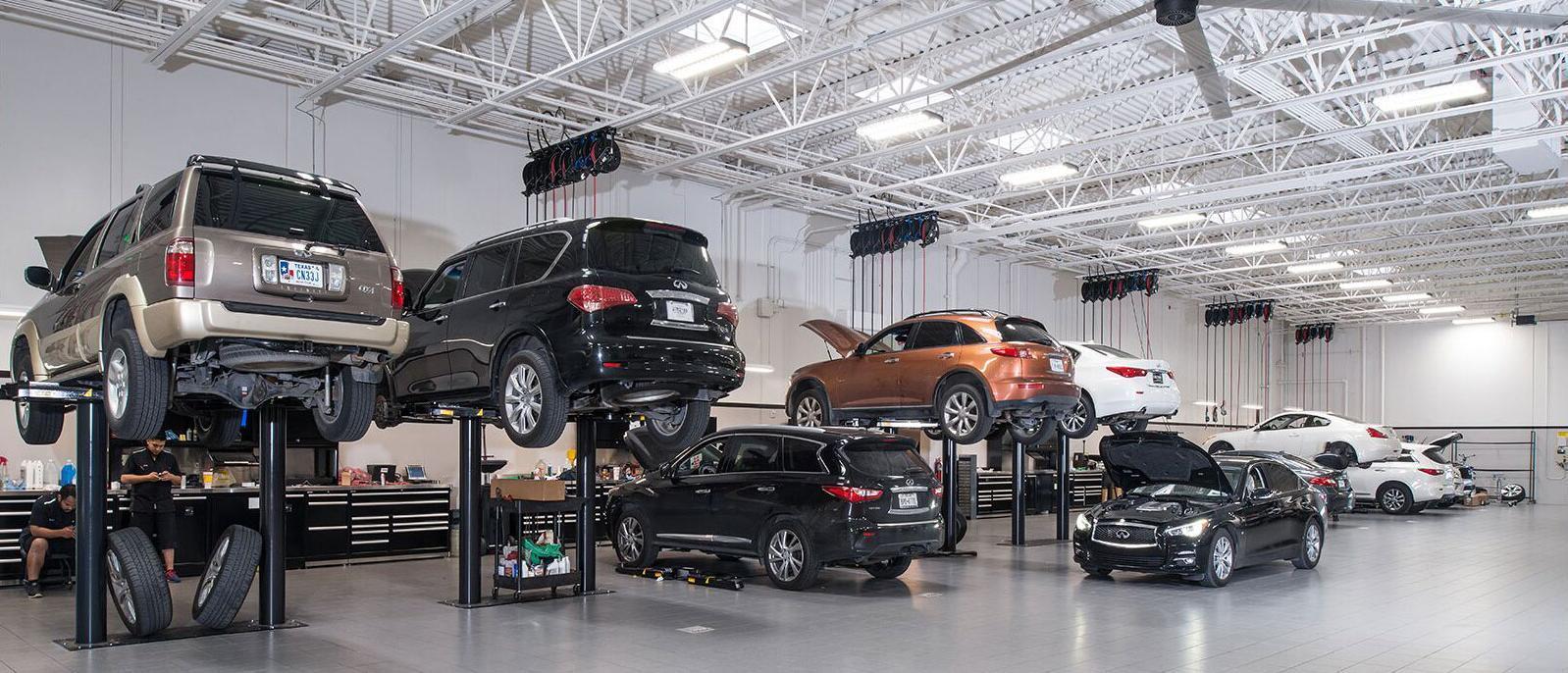All Categories
Featured
The transmission is one of the most essential components of your car, ensuring that the engine's power is effectively transferred to the wheels. Whether you drive a manual or automated transmission, keeping the transmission in leading condition is key to preserving your vehicle's general performance. Normal upkeep and timely repair services can prevent costly problems and maintain your automobile running smoothly for several years. Here's a guide to understanding transmission repair work and maintenance.
Checking and changing your transmission liquid frequently is just one of the most basic ways to avoid transmission concerns. If the liquid is unclean or low, it can trigger the transmission to slip, get too hot, or stop working completely. See to it to adhere to the supplier's suggestions for fluid adjustment periods and constantly utilize the right liquid kind for your automobile.
Slipping Equipments: If your car all of a sudden unclothes equipment or has difficulty staying in the appropriate equipment, it could be due to reduced fluid degrees, worn-out elements, or inner damages.
Grinding or Uncommon Sounds: Any grinding, grumbling, or clunking sounds when changing equipments or driving might suggest problems with the transmission's bearings or gears.
Delayed or Harsh Changing: If the transmission feels or is reluctant jerky when changing between equipments, it might be an indication of interior damages or a liquid issue. This can be especially visible when shifting from park to reverse or drive.
Advising Lights: Take note of your car's dashboard warning lights. If the check engine light or transmission-specific light shows up, it's time to get your transmission inspected.
![]()
Fluid Checks and Adjustments: Make it a habit to check your transmission fluid regularly. If it's low, leading it up; if it's dirty or tarnished, replace it. Liquid adjustments are usually recommended every 30,000 to 60,000 miles, relying on the make and design of your vehicle.
Display Leaks: Transmission fluid leaks prevail and can be brought on by used seals, gaskets, or fractures in the transmission housing. Routinely examine for indicators of fluid leak underneath your lorry, particularly if you see brownish or red fluid areas.
Transmission Filter Substitute: The transmission filter assists trap particles and impurities in the fluid. If the filter is clogged, it can restrict fluid flow and cause damage to the transmission. Changing the filter as part of your regular upkeep can stop many prospective issues.
Prevent Overheating: Overheating is a major contributor to transmission failing. Prevent heavy towing, extreme idling, and stop-and-go driving in heat, all of which can emphasize the transmission and trigger it to get too hot.
![]()
In cases where the transmission is severely harmed, you may need to consider a rebuild or complete substitute. A rebuild includes dismantling the transmission, replacing worn or damaged components, and rebuilding it, commonly at a lower expense than changing the whole system. Replacing the transmission may be the ideal alternative if the damages is considerable.
![]()
Numerous service center supply warranties on transmission fixings, which can provide you tranquility of mind knowing your investment is protected. Be certain to make inquiries about guarantees before agreeing to any type of major repair work.
Although transmission repair work can be expensive, staying on top of upkeep and dealing with concerns early can aid prevent the demand for a complete transmission substitute, which can be a substantial monetary concern.
Final thought. Transmission upkeep is important for the overall health of your automobile. Normal liquid checks, prompt repair services, and adhering to the supplier's guidelines can make sure that your transmission stays in exceptional condition for years to come.
- Comprehending Transmission Fluid. Transmission fluid is essential for the smooth operation of your lorry's transmission. It functions as both a lube and a coolant, stopping the relocating components from overheating and minimizing friction. Gradually, the liquid can damage down and end up being infected with dust, steel shavings, and various other debris, leading to damage within the transmission system.
Checking and changing your transmission liquid frequently is just one of the most basic ways to avoid transmission concerns. If the liquid is unclean or low, it can trigger the transmission to slip, get too hot, or stop working completely. See to it to adhere to the supplier's suggestions for fluid adjustment periods and constantly utilize the right liquid kind for your automobile.
- Signs of Transmission Problems. Being able to recognize the very early signs of transmission problems can conserve you from expensive repair services or complete transmission failing. Right here are some common indications to keep an eye out for:
Slipping Equipments: If your car all of a sudden unclothes equipment or has difficulty staying in the appropriate equipment, it could be due to reduced fluid degrees, worn-out elements, or inner damages.
Grinding or Uncommon Sounds: Any grinding, grumbling, or clunking sounds when changing equipments or driving might suggest problems with the transmission's bearings or gears.
Delayed or Harsh Changing: If the transmission feels or is reluctant jerky when changing between equipments, it might be an indication of interior damages or a liquid issue. This can be especially visible when shifting from park to reverse or drive.
Advising Lights: Take note of your car's dashboard warning lights. If the check engine light or transmission-specific light shows up, it's time to get your transmission inspected.

- Transmission Upkeep Tips. Regular upkeep is vital to extend the life expectancy of your transmission and maintain it running effectively. Right here are a couple of essential maintenance tips to adhere to:
Fluid Checks and Adjustments: Make it a habit to check your transmission fluid regularly. If it's low, leading it up; if it's dirty or tarnished, replace it. Liquid adjustments are usually recommended every 30,000 to 60,000 miles, relying on the make and design of your vehicle.
Display Leaks: Transmission fluid leaks prevail and can be brought on by used seals, gaskets, or fractures in the transmission housing. Routinely examine for indicators of fluid leak underneath your lorry, particularly if you see brownish or red fluid areas.
Transmission Filter Substitute: The transmission filter assists trap particles and impurities in the fluid. If the filter is clogged, it can restrict fluid flow and cause damage to the transmission. Changing the filter as part of your regular upkeep can stop many prospective issues.
Prevent Overheating: Overheating is a major contributor to transmission failing. Prevent heavy towing, extreme idling, and stop-and-go driving in heat, all of which can emphasize the transmission and trigger it to get too hot.

- When to Seek Transmission Repairs. It's essential to have your transmission examined by a professional technician if you experience any of the indicators mentioned above. Early discovery can commonly stop significant repair services or the demand for a full transmission substitute. Small repair services, such as liquid top-offs or replacing a damaged sensor, are relatively inexpensive and can help stay clear of more pricey problems.
In cases where the transmission is severely harmed, you may need to consider a rebuild or complete substitute. A rebuild includes dismantling the transmission, replacing worn or damaged components, and rebuilding it, commonly at a lower expense than changing the whole system. Replacing the transmission may be the ideal alternative if the damages is considerable.
- Picking a Trusted Transmission Service Center. Transmission repair work call for specific expertise and devices. When looking for a service center, make certain that the technicians are educated and experienced in transmission job. A reliable store will offer a thorough analysis of the problem and offer you a clear price quote of the fixing costs.

Numerous service center supply warranties on transmission fixings, which can provide you tranquility of mind knowing your investment is protected. Be certain to make inquiries about guarantees before agreeing to any type of major repair work.
- Cost of Transmission Repairs. Transmission repairs can differ widely in cost depending on the nature of the issue. Straightforward fixings like fluid replacement or sensor fixings can be relatively inexpensive, while significant fixings or substitutes can encounter the thousands of bucks. The cost likewise depends upon the type of vehicle you have and the certain transmission system.
Although transmission repair work can be expensive, staying on top of upkeep and dealing with concerns early can aid prevent the demand for a complete transmission substitute, which can be a substantial monetary concern.
Final thought. Transmission upkeep is important for the overall health of your automobile. Normal liquid checks, prompt repair services, and adhering to the supplier's guidelines can make sure that your transmission stays in exceptional condition for years to come.
Latest Posts
Montana Fence-- Your Partner for Yard, Ranch, and Cattle Ranch Fencing
Published May 15, 25
1 min read
Discover Costs Fence Solutions with Montana Fence
Published May 15, 25
1 min read
Elevate Your Residential Or Commercial Property with Montana Fence Products
Published May 15, 25
1 min read
More
Latest Posts
Montana Fence-- Your Partner for Yard, Ranch, and Cattle Ranch Fencing
Published May 15, 25
1 min read
Discover Costs Fence Solutions with Montana Fence
Published May 15, 25
1 min read
Elevate Your Residential Or Commercial Property with Montana Fence Products
Published May 15, 25
1 min read